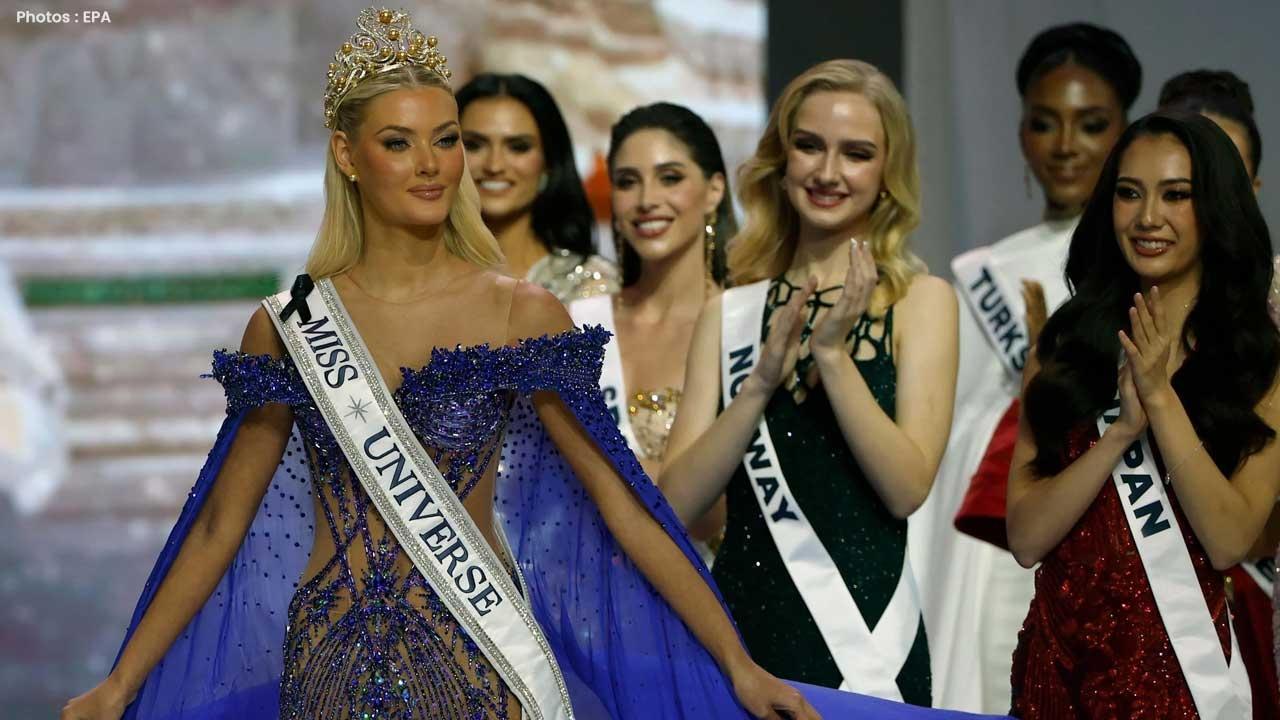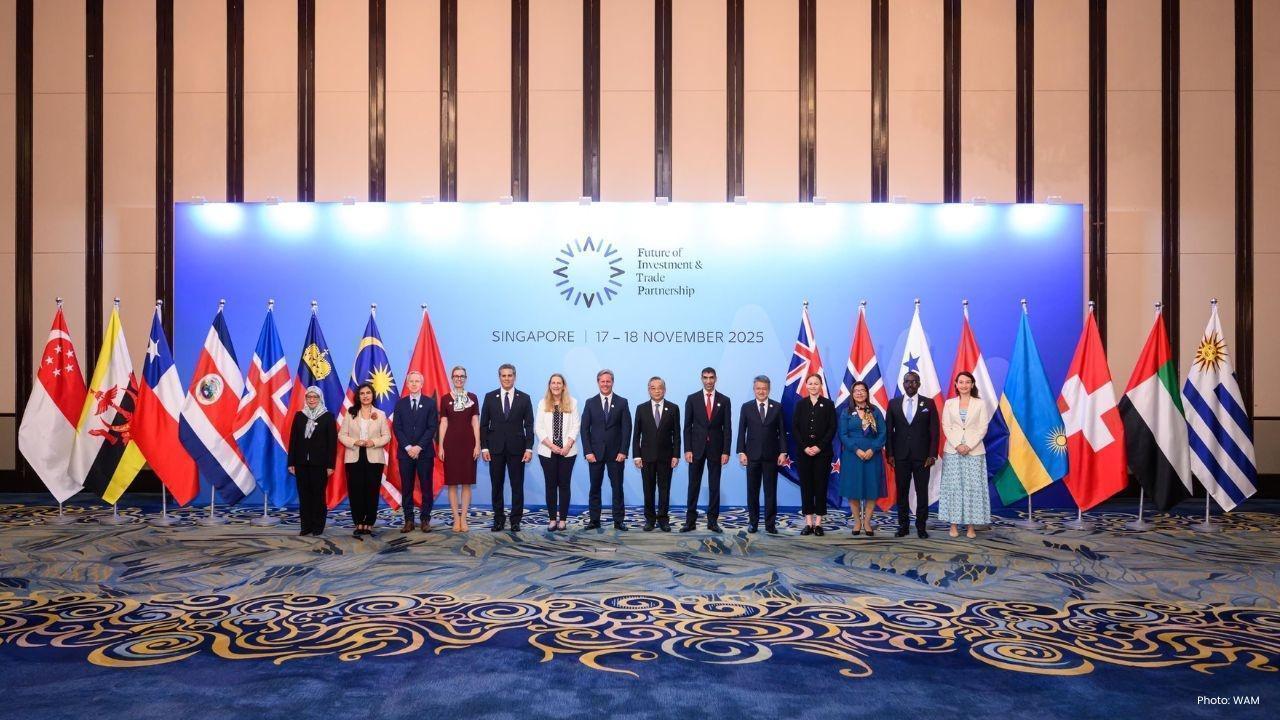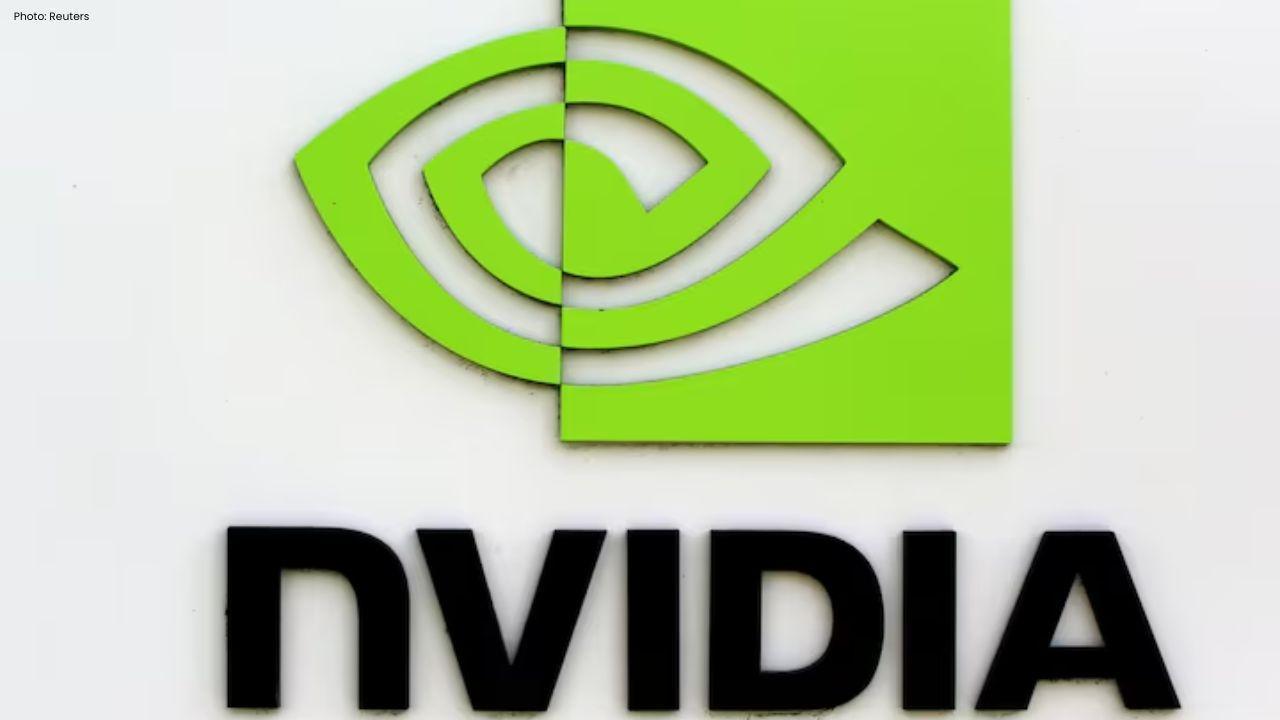
Post by : Monika
Photo: Reuters
On September 5, 2025, two well-known authors, Grady Hendrix and Jennifer Roberson, filed a lawsuit against Apple Inc. in a federal court in Northern California. The authors claim that Apple used their copyrighted books without permission to train its artificial intelligence (AI) systems. According to the lawsuit, the tech giant copied their protected works without asking for consent, giving credit, or providing any payment to the authors.
The plaintiffs argue that Apple’s actions have caused them harm. By using the books without permission, the authors have lost control over how their works are being used. They also claim that this unauthorized use could reduce the market value of their books. Hendrix and Roberson are seeking damages from Apple and want a court order that stops the company from continuing to use their works in AI training.
Background of the Lawsuit
The case is part of a growing trend of legal challenges against tech companies regarding the use of copyrighted material in AI development. In recent years, several companies have faced similar lawsuits. These lawsuits reflect increasing concerns about intellectual property rights in the age of artificial intelligence.
Hendrix and Roberson specifically allege that Apple used pirated or unauthorized copies of books to train its AI systems, including models like “OpenELM.” The authors claim that Apple did not get permission to use their works and did not compensate them in any way. This lawsuit seeks to hold Apple accountable for what the authors describe as illegal use of their intellectual property.
Broader Implications for the Tech Industry
This lawsuit is not happening in isolation. Authors and other content creators around the world are challenging tech companies over the use of copyrighted works in AI training. For example, AI startup Anthropic recently agreed to pay $1.5 billion to settle a class-action lawsuit filed by authors who accused the company of using their books without permission to train its AI chatbot, Claude. While Anthropic did not admit wrongdoing, the settlement was seen as an important moment in the ongoing debate over AI and copyright law.
Legal experts say that the outcome of these cases could set important precedents for the tech industry. One key question is whether the use of copyrighted works to train AI falls under “fair use” according to U.S. copyright law. Tech companies argue that their AI systems create new, transformative content, which they say is allowed under fair use. Authors and other content creators, however, maintain that using their works without permission violates their rights.
Apple’s Response
At the time the lawsuit was filed, Apple had not publicly commented on the allegations. Representatives for the company did not provide a statement. Legal analysts expect Apple to defend itself in court. The company may argue that using the books falls under fair use or that the works were not used in the way described in the lawsuit.
Potential Consequences for the Tech Industry
If the court rules in favor of Hendrix and Roberson, the decision could have wide-reaching consequences. Companies may need to get permission or pay licensing fees before using copyrighted material to train AI. This could increase costs and slow down the development of new AI systems.
A ruling against Apple could also encourage other content creators to file similar lawsuits. This could lead to a wave of legal challenges targeting tech companies that use books, music, videos, or other creative works in AI training.
On the other hand, if the court finds that Apple’s use of the books counts as fair use, it could set a precedent allowing tech companies more freedom to use copyrighted material for AI development. Such a ruling could shape the way AI systems are trained and influence how intellectual property laws are applied to emerging technologies in the future.
Why Authors Are Concerned
Authors and creative professionals are concerned because AI can use their work without giving them credit or compensation. Training AI systems requires large amounts of data, often including books, articles, music, and other media. When companies use copyrighted works without permission, authors feel they lose control over their own creations.
This is particularly important because AI can replicate styles, generate summaries, or create new content based on copyrighted works. If AI uses these works without permission, it can affect authors’ income and the value of their intellectual property. Lawsuits like the one filed against Apple aim to protect creators and ensure they are fairly compensated for their contributions.
Impact on AI Development
The outcome of this lawsuit may also influence how AI technology develops in the coming years. If the court rules in favor of the authors, companies may have to change how they train AI systems. They might need to purchase licenses for copyrighted material, which could make AI development more expensive.
Conversely, a ruling favoring Apple could give tech companies more freedom to use copyrighted material, potentially accelerating AI innovation. It would also provide legal guidance on how companies can use copyrighted works without violating intellectual property laws.
Global Implications
The Apple lawsuit could also have international implications. Copyright law varies from country to country, but decisions in the U.S. often influence global technology practices. If Apple is found liable, companies worldwide may need to rethink how they use copyrighted works to train AI systems. This could lead to stricter rules or new licensing agreements globally.
The Ongoing Debate on AI and Copyright
The lawsuit highlights the tension between innovation and intellectual property rights. AI technology has the potential to transform industries, improve productivity, and create new opportunities. However, this rapid advancement also raises questions about fairness and compensation for content creators.
Legal scholars and industry experts are closely watching these cases. They see them as key tests for defining the boundaries between fair use and copyright infringement in AI. The results could shape policies and regulations governing AI for years to come.
The lawsuit filed by Grady Hendrix and Jennifer Roberson against Apple demonstrates the growing legal challenges that tech companies face as AI technology evolves. Authors and other content creators are increasingly asserting their rights over their works, seeking compensation and control over how their content is used.
As AI continues to advance, the legal landscape around intellectual property and copyright is becoming more complex. The outcome of this case, along with similar lawsuits, will be critical in shaping how AI companies can use copyrighted material. It may also determine whether creators receive protection and fair compensation for their work.
This case highlights the delicate balance between encouraging technological innovation and respecting the rights of content creators. Both the tech industry and creative professionals are waiting closely to see how the court will rule.
The Apple lawsuit is part of a broader conversation about AI, copyright, and ethics, which will continue to influence the development of artificial intelligence in the coming years.










Jamaica's McClaren Resigns Following World Cup Qualifying Draw
After a goalless draw with Curacao, Steve McClaren resigns as Jamaica's coach, leaving them to vie f

Daryl Mitchell Tops ICC ODI Rankings, Major Player Movements Noted
Daryl Mitchell ascends to the No.1 ODI batter position, with notable improvements from players in va

Bangladesh Women's Cricket Tour to India Postponed Indefinitely
The Bangladesh women's cricket team's tour of India in December has been postponed indefinitely due

Bangladesh Announces Vice-Captains Ahead of Ireland Matches
Bangladesh Cricket Board appoints Mehidy Hasan, Najmul Shanto, and Saif Hassan as vice-captains for

England Aims for Breakthrough in Series Opener Against Injury-Hit Australia
As Australia struggles without key fast bowlers, England seeks a historic win in the Ashes opener in

Shubman Gill Heads to Guwahati, Yet Second Test Participation Uncertain
Shubman Gill will travel with the Indian team to Guwahati, but his neck injury casts doubt on his av